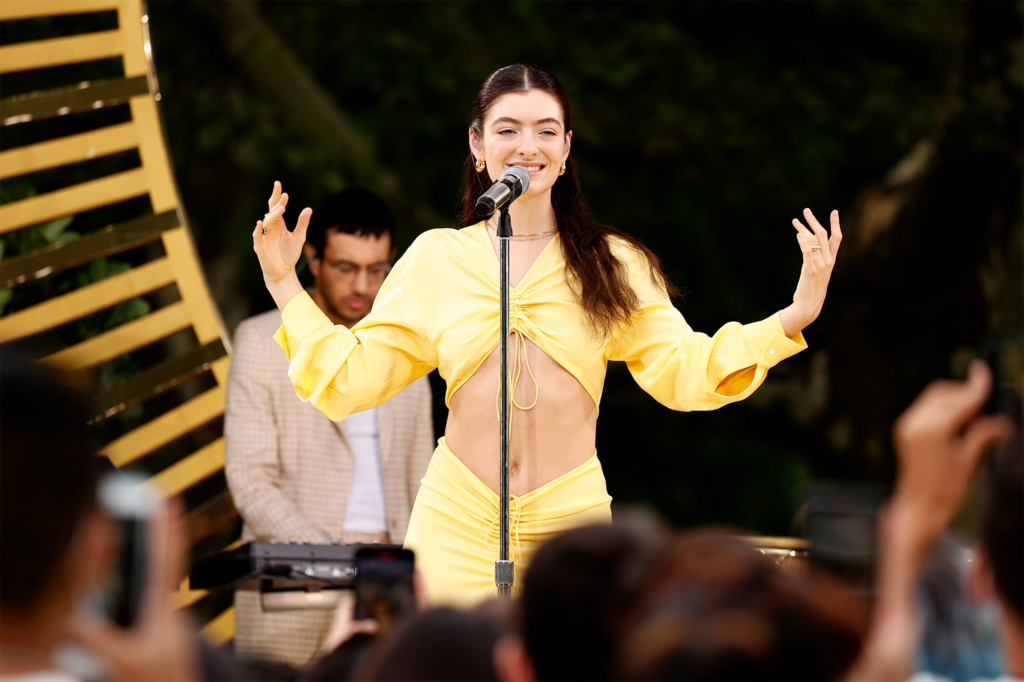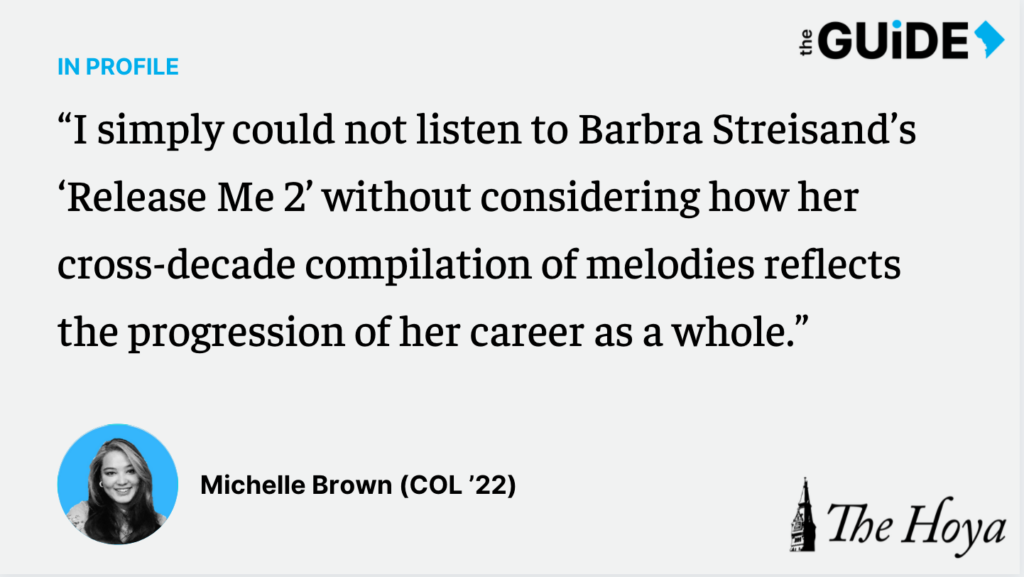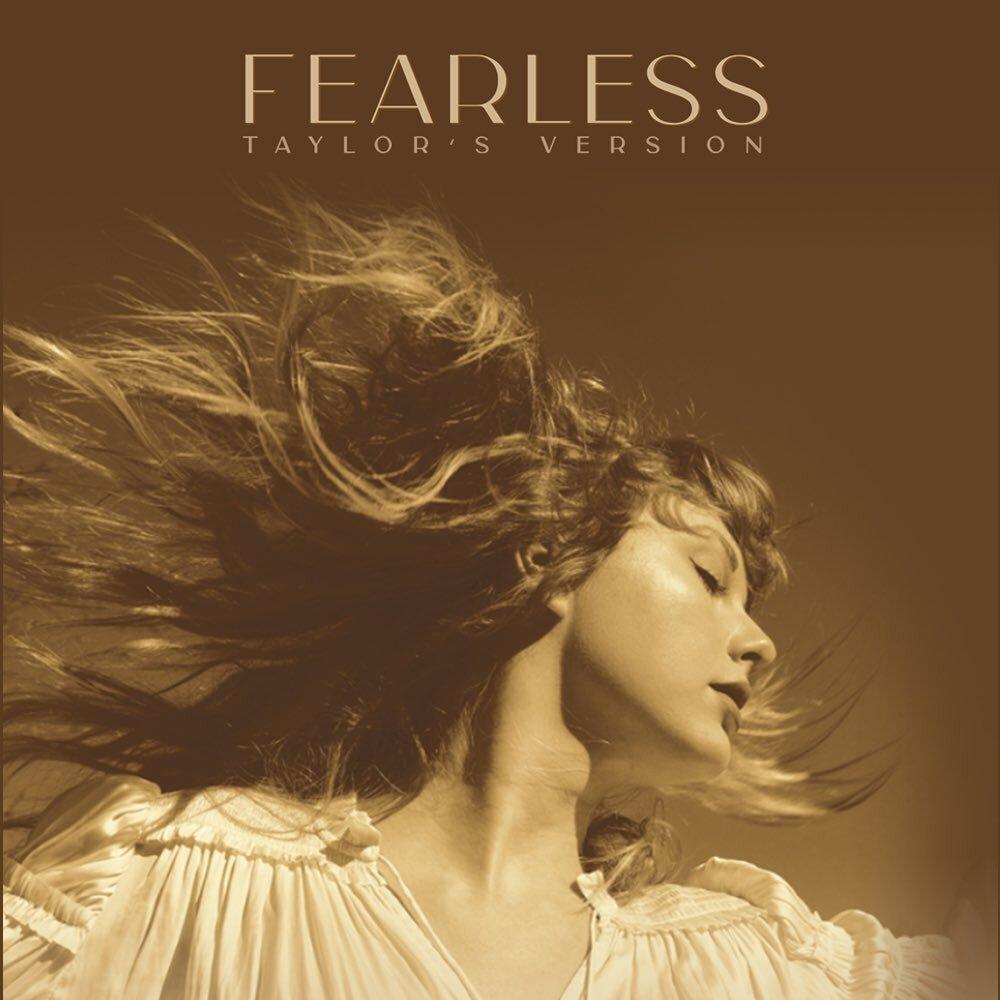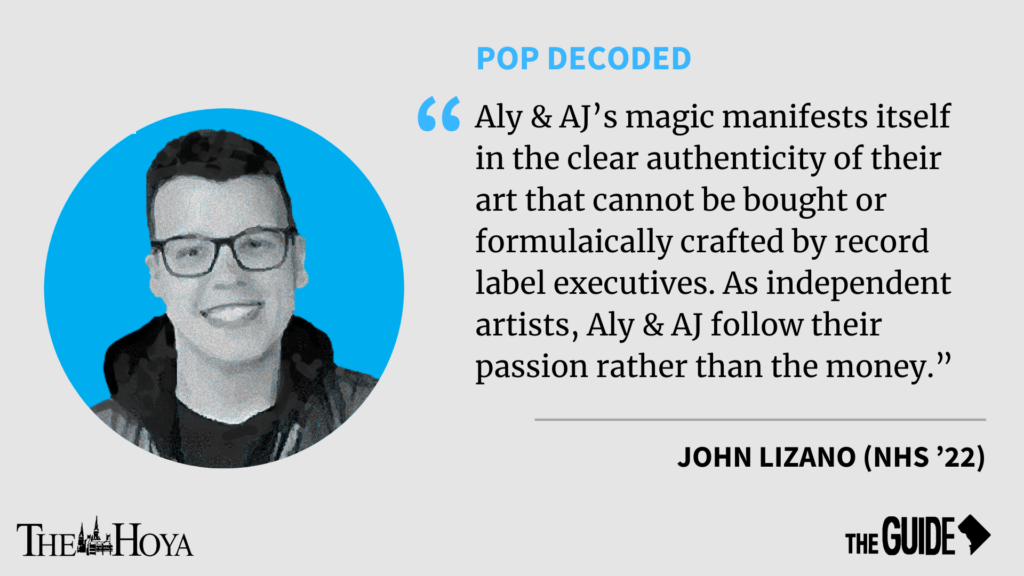
In Danish pop-artist MØ’s sophomore release, “Forever Neverland,” the singer goes on a musical quest of exploring youth but often gets lost in the oversaturated club tracks that frame her journey.
After her smash-hit feature “Lean On” with Major Lazer and DJ Snake, MØ has been on the electronic-pop radar for the last four years with an image similar to pop singers like Tove Lo, Charli XCX or Grimes, who frequently appear on electronic dance music tracks.
MØ poses a challenge for herself by embarking on a journey through adolescence as the album’s central trope.
The coming-of-age album can clearly be done well: Lorde’s “Melodrama” and SZA’s “Ctrl” both offered their own perspectives on this staple of a musical artist’s discography. In each of these albums, a song about a party or a relationship transforms into a vignette that illuminates broader themes throughout each artist’s experience.
However, the album’s production, along with often tired lyrics, limit the depth that “Forever Neverland” manages to reach. The album’s shallow nature appears, for example, on songs like “I Want You” the chorus of which features “Yes, I want you / And every single thing that you do,” the song sounds half-baked and careless.
“Trying to Be Good” similarly deals with the pressures of stardom and conformity but loses its momentum when the chorus slams into a bridge featuring clunky lyrics like “Bring the apple to the teacher / Do as I should.”
The common thread within the lyrics ends up being tonal inconsistency: MØ’s attitude toward getting older rapidly shifts from a bittersweet recognition of humanity to a desire to rebel that sounds more like a teenager than a 30-year-old artist.
MØ’s indecisiveness in choosing and sticking with a tone plagues her second album throughout its 45-minute run time filled with electronic interludes that, even when well-done, sound forced on songs that would sound better without a bass drop.
Songs like “Way Down” and “Blur,” both dealing with the loss of control that follows a young star’s move to Los Angeles, capture the anxiety and ecstasy that come when dealing with Hollywood. However, choruses on both inspired by fusions between traditionally non-Western instruments and electronica only crowd and confuse the songs, rather than adding any substance.
Likewise, “Beautiful Wreck” taps into the fears associated with falling deeply, almost dangerously, in love with someone. Yet the song quickly follows the same model of many others on the album.
When MØ sings about losing herself in a new city, a new lifestyle and a new lover, the descent into this spiral feels real: She illuminates how a fresh start can provide an opportunity to run away from adulthood rather than force a confrontation with it. Despite the intimacy of what MØ shares, the repetitive and unnecessary model of the electronic pop hit song gets in the way of the album’s shining moments.
This hit song archetype is done well on “Forever Neverland” with Diplo’s collaboration “Sun in Our Eyes.” Here, the production and lyrics match tonally while still touching on the themes found throughout the album.
“Red Wine” featuring Empress Of similarly presents an image of MØ at her youngest and freest, even if there is a tacit acknowledgement that youth is not eternal. More importantly, each individual piece comes together to form one fully realized song.
Paired with a backing track that sounds like something from Flume’s album “Skin,” “If It’s Over” juxtaposes its industrial sound with MØ and Charli XCX’s natural chemistry to face a hard truth about the status of a relationship.
Each track breaks out of the rut established by the filler songs on the album and stands on its own, while still contributing to the project’s initial goal of exploring and holding onto youth. Some of the most heartfelt writing and vocals come on the songs that shed MØ’s usual persona for a more pared-back, while still electronica-inclined, version of the Danish songstress.
In “Mercy,” featuring What So Not and Two Feet, MØ tests her voice’s limits, putting her in a vulnerable position that ultimately pays off. The track’s producer collaborators then take her voice and transform it into an instrument by layering additional vocals. The short ninth track “West Hollywood (Interlude)” and the album closer “Purple Like the Summer Rain” share intimate moments of longing and regret that complicate the otherwise radio-friendly party songs.
Although MØ’s second album pushes her to take more risks both vocally and sonically in ways that develop her artistry in some songs, her awkward, overused lyrics and safe production choices such as EDM interludes on “Blur” and “Way Down” are painfully visible.
“Forever Neverland” may not have fulfilled every expectation, but that judgment only comes from the recognition that MØ is an undoubtable force in pop who has a lot more to offer.














